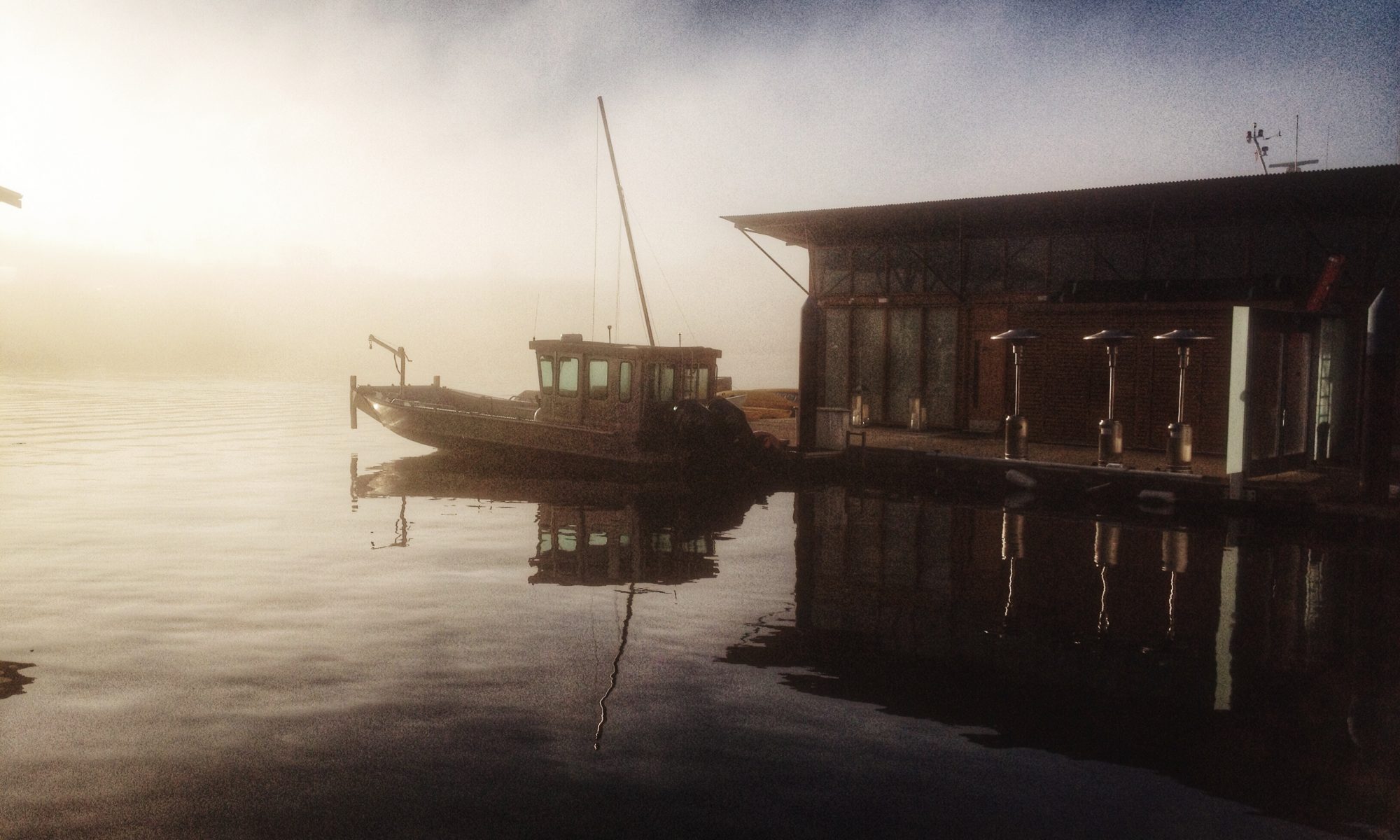Last night, I attended the Think City / Dream Vancouver city councillors debate at the Alice McKay room in Library Square (Full disclosure: I am a Dream Vancouver volunteer, and asked a pre-scripted question at last night’s debate. I was also an unsuccessful Vision Vancouver Park Board nominee).
The debate was, to me, surprisingly well attended – probably near 200 people, and a fantastic mixture of youth and …umm… older adults were present. The debate was moderated by Kera McArthur (of Dream Vancouver) and Charlie Smith (of the Georgia Straight). The participating candidates were Ellen Woodsworth of COPE, Michael Gellar of the NPA and Geoff Meggs of Vision Vancouver). The questions were divided into 3 sections: housing, civic engagement and transportation.
The housing section produced by far the most energetic debate between the 3, as there are some clear differences, mostly in approach as opposed to goals, between the 3 parties. Of note: The NPA (or at least Michael Gellar, as he seemed to contradict the NPA party line numerous times throughout the night, and indeed, took the time to distance himself from the current NPA to what he was calling the new NPA) oppose building shelter beds as, if I understood correctly, actually not being helpful in the long run. Vision supports building emergency shelter beds as a short term solution, but maybe not in Storyeum. COPE likewise wants to build emergency shelter beds, and wants to see if Little Mountain can be used while its waiting for redevelopment.
When it came to civic engagement, they all more or less agreed: there needs to be a change in how accessible councillors are and how the consultation process is handled. They all did not want an arm’s-length office of consultation, as it would add a layer between the public and council. I personally feel that they were missing the point of what this office’s role would be, but it seems there will not be one. The debate aboute finance and electoral reform was more interesting: COPE supports a wards system. Vision wants to investigate, and strike a comittee, but not until the next election, and if I recall correctly, the NPA are also willing to investigate, but note that reform has already been defeated in a referendum. All three spoke well of the Berger report, but were essentially non-committal.
Transportation was the least interesting, although notable in that Michael Gellar seems quite removed from the stated platform of the NPA on the issue of the Burrard Bridge. COPE & Vision oppose Gateway, NPA supports it. All support improved cycling infrastructure, and pilots on physically seperating cyclists and motor vehicles. Vision would support a rental-based city-wide bicycle program, COPE would like a free one.
Overall, here’s my feeling on how the individual councillors did:
- Ellen Woodsworth seemed somewhat out of her league here. She was hesitant, and to be honest, seemed a little pie-in-the-sky to my tastes. However, she earns major brownie points (and probably my vote) for clearly and explicitly placing gender issues as a part of every single discussion, and it seems clear to me that she would be an eloquent champion for womens’ issues in council.
- Michael Gellar is highly entertaining, and would be a good, hard-working councillor I believe. However, he comes across as a pompous, privileged white male who has no idea that he is indeed, that. His casual references to travel locals, meetings with various other players all reinforced this. He also took an inexcusable, unecessary dig at Vancouver’s city workers, which, were there any justice, would cost him any chance at being elected, despite his attempts to later back-pedal. I do believe, in his defence, that it sounded much worse than he meant given his expression just after speaking (he immediately blushed, looked down and was still – the only time of the night he was not highly animated).
- Geoff Meggs is a policy wonk. He knows his stuff, he’s cautious about speaking to things he’s unsure of. He toes the Vision party line very well. I believe he’s passionate about what he believes in. That being said, he is a very dry speaker, and doesn’t communicate his excitement very well. He also, and this is the most important, I believe, clearly has a lot of experience in how the city works, how to interact with the media, and community consultation. He would make a highly effective, if possibly somewhat hidden-behind-the-scenes city councillor.
I’m hopeful that Think City will post either an audio or video of the debate up online sometime soon, so that you may all see it. As a last note, I think that the councillors are probably far more important to the running of the city than the mayor, given that, in reality, the mayor is just one more vote on council – so be sure to read up on the council candidates, and if you can, attend other debates featuring them.
Like this:
Like Loading...
